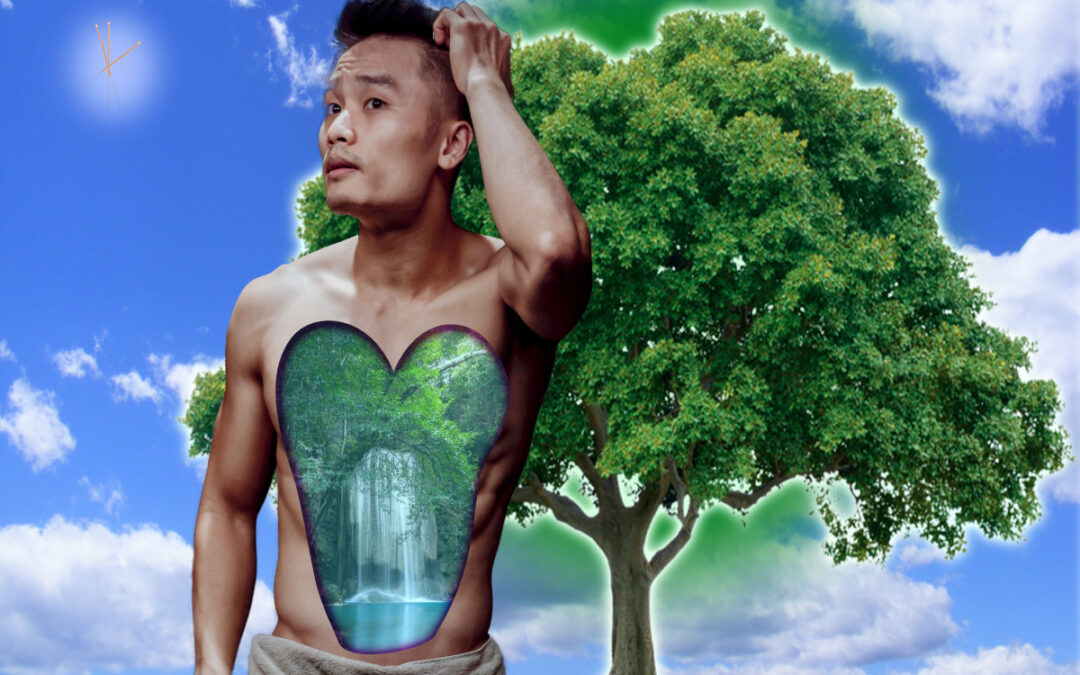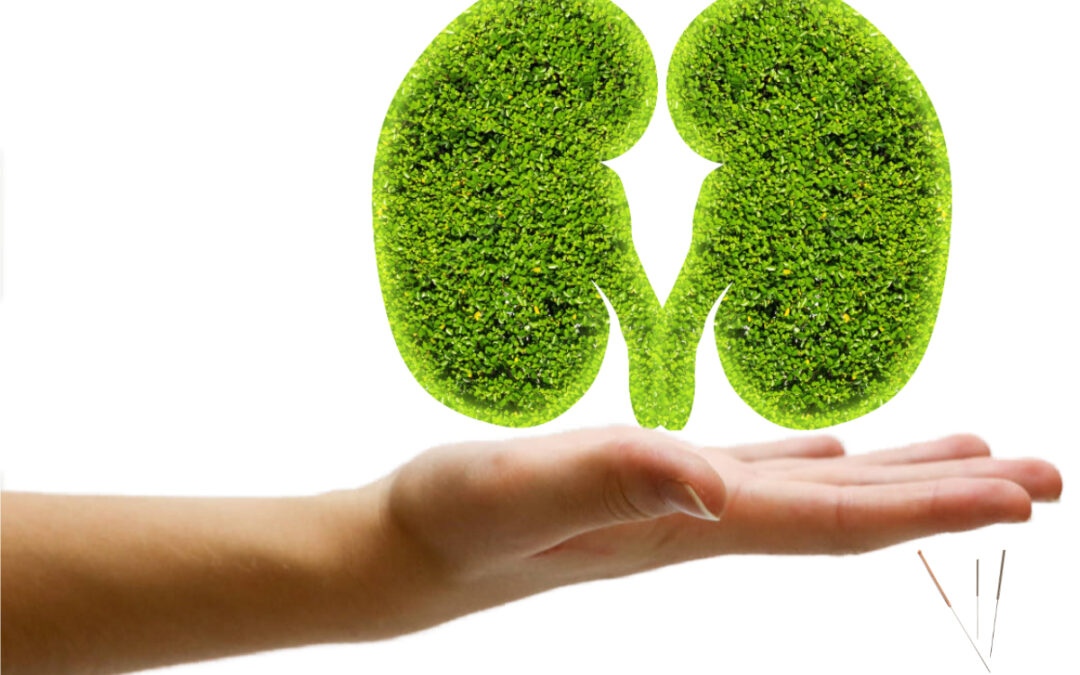
The menstrual cycle
Getting rid of premenstrual syndrome
Menstruation is a sign of fertility and good health. Every woman’s menstrual cycle is unique.
According to traditional Chinese medicine (TCM), the way the menstrual cycle unfolds provides valuable information about the body’s energy balance. All women should have a regular cycle that is light and painless, lasting 3 to 7 days.
However, few women meet all of the above criteria perfectly. Emotional stress, climate, and lifestyle can disrupt hormonal balance and cause cycle irregularities. Let’s consider the TCM perspective to understand this phenomenon and its irregularities.
The menstrual cycle is influenced by the quality and quantity of Qi (vital energy) and blood. It also depends on yin and yang energies and the proper functioning of the spleen, liver, kidneys, and heart.
Blockages in the circulation of Qi and blood flow, or stagnation, cause women pain and swelling in the abdomen; this leads to disturbances in the menstrual cycle such as dysmenorrhea or even amenorrhea.
The central organ for menstruation, reproduction, and pregnancy is the uterus. According to TCM, the uterus is closely linked to the kidneys. It is a hollow organ like the yang organs, but it performs yin functions (producing, transforming). When the term uterus is used in TCM, it includes the fallopian tubes and ovaries.
Menstruation is a sign of fertility and good health. Every woman’s menstrual cycle is unique.
According to Traditional Chinese Medicine (TCM), the way in which it occurs
The uterus needs to be properly supplied with blood to ensure menstruation, pregnancy, and childbirth. Qi and blood are interdependent.
The energetic influence of the cycle on women
The week of the period is a yin week, that is to say an energy of withdrawal. It is the winter of the cycle, a time of introspection, of silent self-presence. It is a week to listen to your dreams, develop your intuitions and let go. By eliminating blood, the kidneys can generate fear. We waste a lot of energy trying to understand everything that happens to us. This is precisely the role of emotions.
Once the period is over, the woman enters a Yáng energy. Turning towards the outside, she finds a more sustained rhythm, gets back into movement, in a Yáng (masculine) dynamic. The action of the liver allows her to come out of the winter. It is for the woman the moment to express her true self.
Still in this Yáng energy of opening towards the outside comes the week of ovulation; the woman is more connected to unconditional love. She feels a sense of fulfillment, a supreme joy with a broader consciousness and a sense of new humanity. Radiant, even irresistible, she needs a great deal of energy.
After a fortnight or so of being outwardly focused in a Yáng energy, the woman turns inward again in a Yin movement. The rhythm slows down. There is no need to keep a high rhythm, otherwise tension and pain will be created. For some women, premenstrual symptoms can reach hysteria. It is therefore time to take time for yourself, and to do yourself good by taking care of your skin, hair or simply by massaging.
The origin of menstrual disorders
During menstruation, we learn about the quantity and quality of blood. A lack of blood causes early menstruation, pale blood, and pain before the flow begins.
Heat in the blood causes bright red blood, early menstruation, and very heavy and painful periods. Blocked qi leads to irritability, anger, headaches, insomnia, breast tenderness, and pain and tension in the lower abdomen.
The liver stores blood and regulates its volume. A deficiency of blood in the liver can lead to very light periods or even an absence of periods. Fertility can even be compromised if the liver does not supply enough blood to the uterus.
Blocked liver qi leads to blood stasis, with black clots and pain before and during menstruation. Conversely, liver fire accelerates blood flow, causing bleeding outside the cycle or very heavy periods.

Pain-free periods thanks to TCM
As the menstrual cycle is influenced by the quality of the Qi (vital energy) and the quantity of blood, it is important to rebalance the related organs. We will focus on the balance of Yin and Yang energies. We will also focus on the proper functioning of certain organs such as the spleen, liver, kidneys and heart. This work will also have an impact on emotional tensions, and will restore hormonal balance. Thus, to unblock the circulation of Qi and blood flow, in order to reduce pain, Chinese medicine proposes the following solutions:
A formula of plants adapted to each case;
Acupuncture that alleviates or even eliminates physical and emotional symptoms related to PMS: lower back pain, cramps, acne, sensitive breasts, mood swings, irritation, nervous fatigue, etc. Our patients generally start to feel an improvement after one to three sessions on average.
In order to reduce the symptoms, we also recommend that you review your diet and encourage rest and sleep. These factors have a considerable impact on hormonal balance.
Finally, we recommend regular practice of Qi Gong in order to re-establish a good circulation of blood and Qi. This helps to relieve pain and various other symptoms related to menstruation.
New disorders affecting women’s cycles
Since the waves of vaccination against “Covid 19”, we are witnessing a multiplication of new symptoms related to the menstrual cycle and fertility.
We receive many women in treatment who complain of extreme fatigue and disturbances of their cycles. Some complain of not having their periods for several months, or of having very irregular cycles, one month with, one month without…
Finally, we receive patients who complain of excessive menstruation, which generates, in addition to a major discomfort, an extreme weakness due to lack of blood.
We also observe at the diagnostic level a generalization of the phenomena of stagnation of blood and qi, which implies a major increase of blood clots in the periods.
Finally, we have seen an increase in miscarriages which are naturally linked to a lack of energy in the Kidneys and the Spleen, and even in the Heart, and to poor blood circulation.
We have been able to treat these new disturbances effectively, even if it takes longer to rebalance the energies in vaccinated people.




